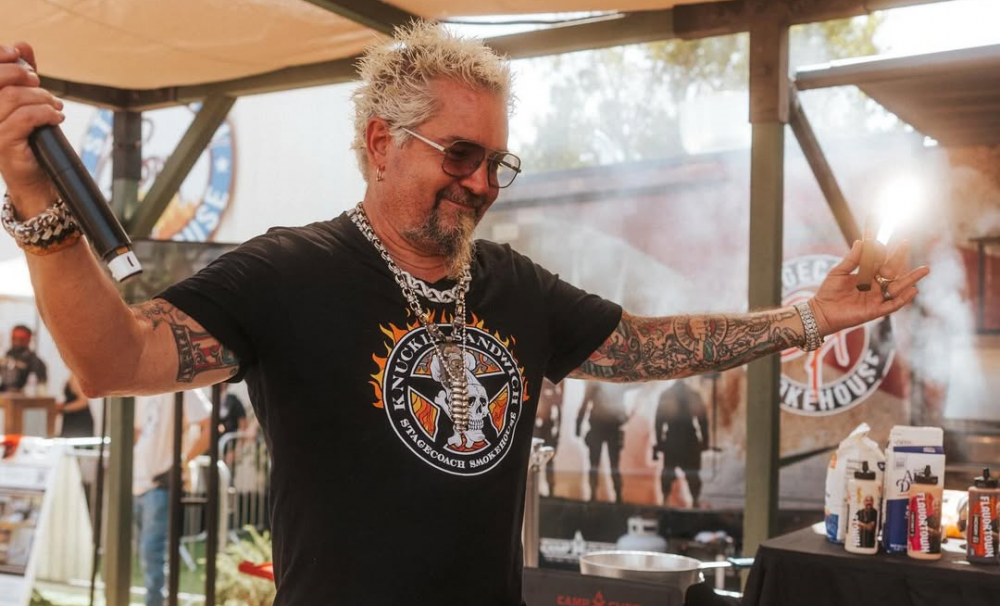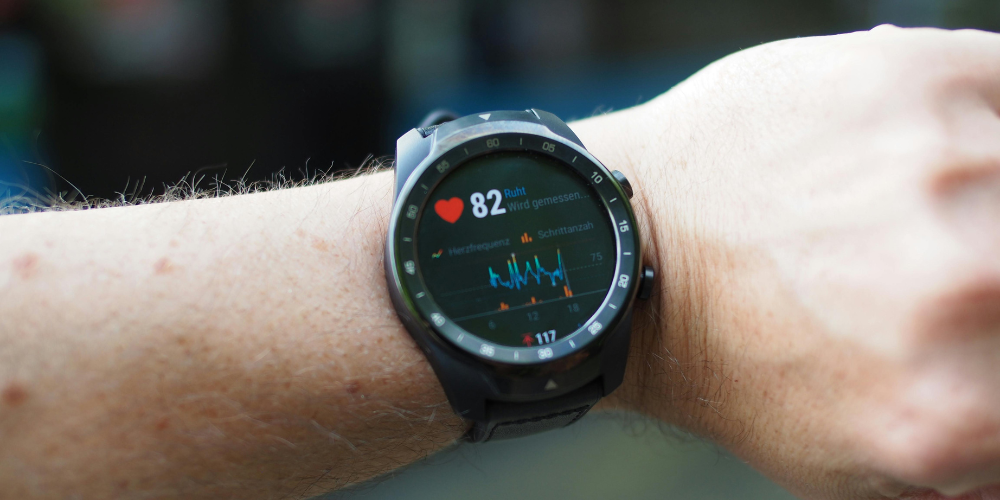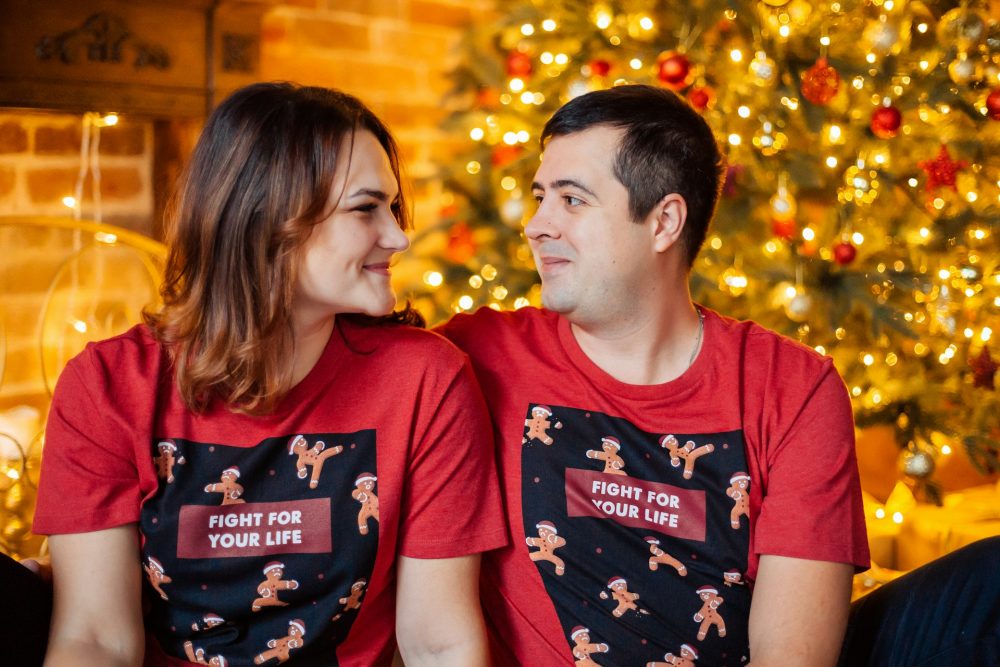In today's fast-paced digital age, where information is just a tap away on social media platforms like TikTok and Instagram, it's no surprise that many people turn to influencer dietitians for health advice.
These social media stars offer a fresh and relatable take on nutrition and wellness. However, a recent investigative report has shed light on a concerning trend in influencer dietitians: some are paid by food industry players to promote their products.
In this article, we'll delve into the details of this unsettling revelation and explore its implications for consumers seeking trustworthy health advice.
The Disturbing Trend
A report published in September 2023 uncovered a troubling practice within the influencer dietitian community. The investigation by The Washington Post and the nonprofit newsroom The Examination revealed that certain food industry groups are actively paying influencer dietitians to endorse their products.
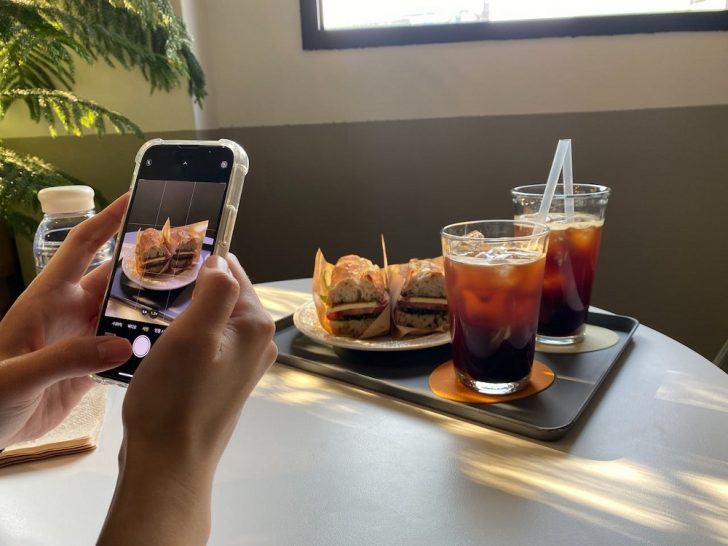
Eunhye Shim/ Pexels | Followers need to be aware of the potential conflicts of interest when influencers promote food products or diets
This revelation challenges the perception that dietitians always prioritize the health and well-being of their followers.
Questionable Partnerships
The Washington Post's investigation exposed a troubling reality: dietitians were receiving compensation to promote products that contradicted established scientific evidence on healthy eating. The study focused on 68 dietitians with substantial social media followings, each boasting at least 10,000 followers.
Shockingly, about half of these dietitians had promoted food, beverages, or supplements to their followers over the past year. One of the most alarming campaigns examined was the #safetyofaspartame, which revolved around the World Health Organization's concerns about the artificial sweetener's potential carcinogenic effects.
Influencers on platforms like TikTok and Instagram downplayed these health concerns, often failing to disclose their financial ties to the American Beverage Association, a lobbying group representing major beverage giants like Coca-Cola and PepsiCo.
Even when influencers did disclose their partnerships, transparency often fell short of consumer expectations. Bonnie Patten, executive director of Truth in Advertising, emphasized the importance of clear disclosure when dietitians collaborate with the soda industry. Many consumers were left wondering if they could trust dietitians who seemingly endorsed products that weren't aligned with their health goals.
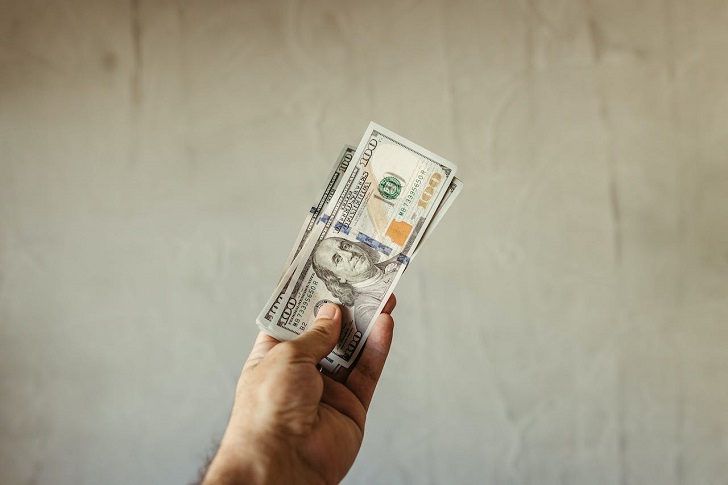
Jonathan Borba/ Pexels | The influence of food industry dollars on dietitians' recommendations highlights the importance of cautious consumption
Money Behind the Advice
The investigative report unearthed at least 35 posts from 12 health professionals compensated by the American Beverage Association. These individuals, including ten dietitians, one physician, and one fitness influencer, were paid to downplay the potential health risks of aspartame.
Shockingly, 17 failed to disclose their financial ties, and two others buried the information within their post descriptions, making it difficult for followers to discover.
Adding to the issue's complexity, the Academy of Nutrition and Dietetics, a respected authority in the field, received substantial donations from leading producers of soda, candy, and ultra-processed foods, such as Coca-Cola, PepsiCo, and Nestlé. Notably, the American Beverage Association is an academy sponsor, along with Tate & Lyle, a major high-fructose corn syrup producer.
Can You Rely on Influencer Dietitians?
While influencer dietitians often provide a fresh perspective on health and wellness, the recent revelations challenge their trustworthiness. Not only may their advice contradict current scientific findings, but their financial relationships with the food industry remain hidden in many cases.

Savvas Stavrinos/ Pexels | Influencers must prioritize transparency in their partnerships to maintain trust with their audience
For instance, influencers like Steph Grasso, Cara Herbstreet, and Mary Ellen Phipps dismissed concerns about artificial sweeteners following the WHO's updated guidance in July 2023, leaving their followers in a state of confusion. Although some influencers, like Grasso, encouraged viewers to scrutinize the data, the lack of transparency raised doubts about their credibility.
Lindsey Pleskot, a Vancouver-based dietitian, posted videos on Instagram advocating a balanced approach to treats, seemingly independent of corporate influence. However, it was later revealed that she had received payment from the Canadian Sugar Institute for these posts. Although marked as "AD," the disclosure was vague and later clarified as "CdnSugarNutr."
In response to the controversy, Pleskot emphasized her control over sponsored content, stating that she partners with brands only when her beliefs align authentically with the message. Regardless of whether influencers disclose their advertisements, the ethical dilemma persists: can consumers trust health professionals who endorse products that may not align with their true beliefs?






